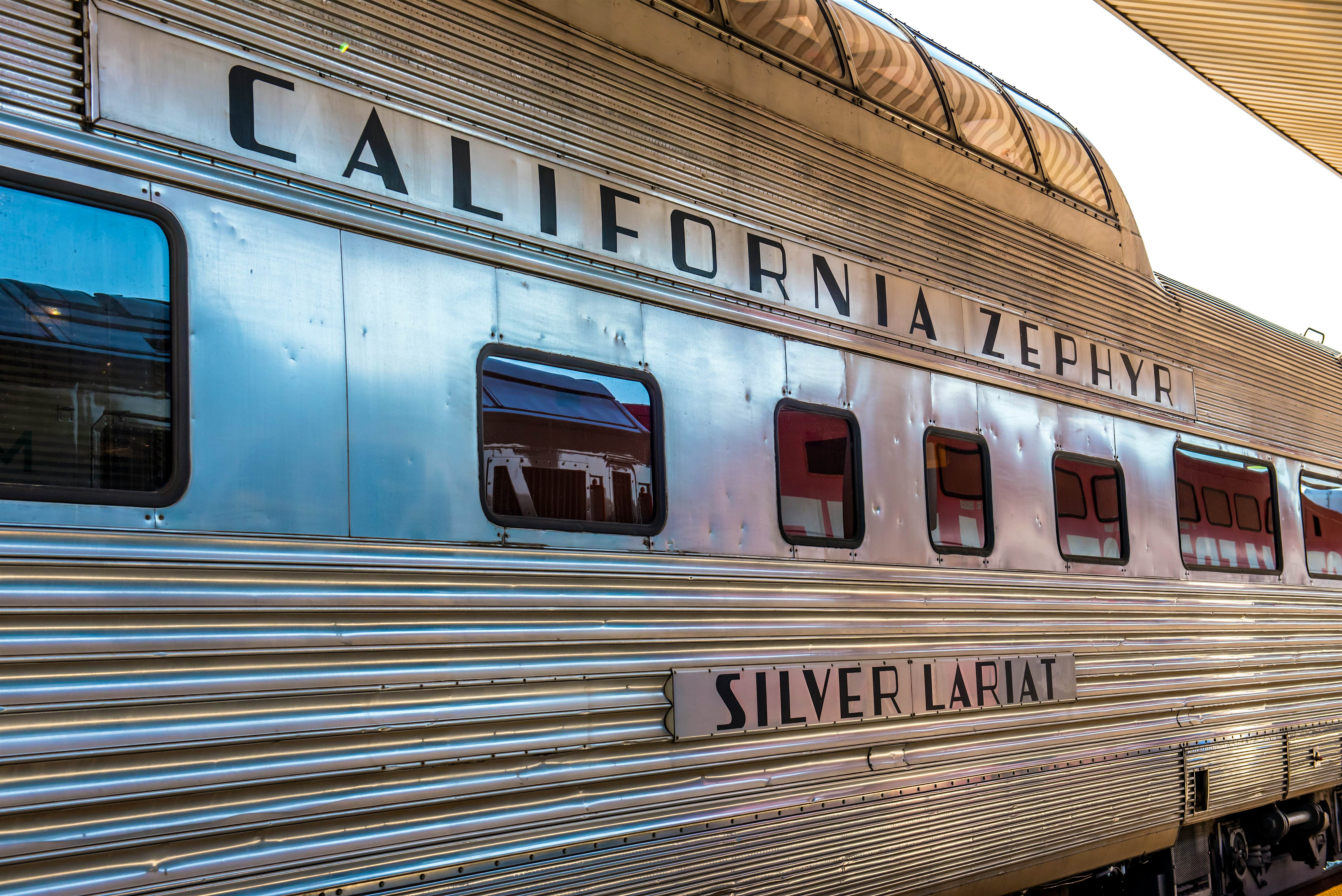

Amtrak in New Mexico ©Kris Davidson/Lonely Planet
Amtrak, the only long-distance passenger train operator in the United States, is ending daily service to hundreds of stations across the country because of the downturn in business due to the coronavirus pandemic. Instead, trains will stop at many stations just three times a week on a reduced schedule that will start in October and could remain permanent.
Amtrak has estimated that passenger numbers could plummet by 50% over the next year, and ridership has already decreased by 95% during the pandemic. Though some states have started to reopen, passengers have not yet returned.
 Historic train station in Flagstaff at sunset ©Nick Fox/Shutterstock
Historic train station in Flagstaff at sunset ©Nick Fox/Shutterstock
“Due to the long-term impact of COVID-19 on ridership, Amtrak has made the decision to operate with reduced capacity,” the company said in a statement. “Our goal is to restore daily service on these routes as demand warrants, potentially by the summer of 2021.”
The downsizing comes a few months after news that Amtrak saw its largest ever number of riders in 2019 – 32.5 million passengers – and record growth on the Northeast Corridor, which runs from Washington, DC, to Boston, connecting through Philadelphia and New York City.
 California Zephyr train at Union Station in downtown Los Angeles ©Let Go Media/Shutterstock
California Zephyr train at Union Station in downtown Los Angeles ©Let Go Media/Shutterstock
Amtrak relies on funding from the US government and told Congress in May that it needs almost $1.5 billion in funding to maintain “minimum service levels.” The train operator previously projected that in 2020 it would financially break even for the first time in its 50-year history.
The exact schedules are still being determined, but long-distance routes that will be reduced to a triweekly service include the California Zephyr (Chicago to San Francisco), City of New Orleans (Chicago to New Orleans), Coast Starlight (Seattle to Los Angeles), Empire Builder (Chicago to Seattle) and the Southwest Chief (Chicago to Los Angeles). The Auto Train, which runs between smaller towns near Washington, DC, and Orlando, Florida, will continue to operate a daily service. Frequency will also be cut in the Northeast Corridor.
This article originally ran on our sister site, Lonely Planet.